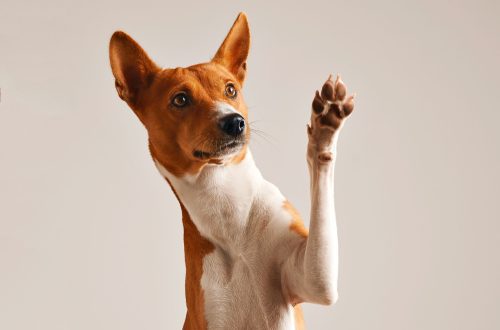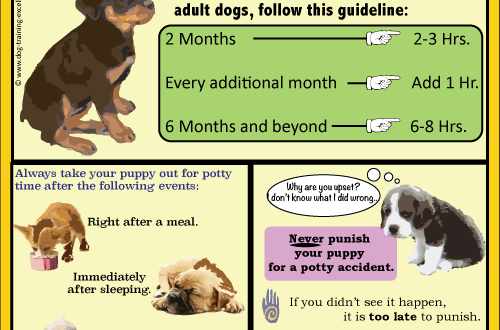
Can I feed my dog popcorn and which supplements are safe?
When the owner sits down to watch a movie in the evening with a large bowl of this delicious airy treat and sees his dog’s pleading eyes, it’s hard to resist sharing a salty, buttery snack with her. But is it reasonable?
The heart of a caring owner may say “Yes, yes, yes,” but the pet’s health will answer, “No, no, no.” Can you give your dog popcorn?
Contents
What is popcorn
 Popcorn is a common corn, a grain found in many commercial dog foods. Dried and hardened corn kernels turn into fluffy white popcorn when heated.
Popcorn is a common corn, a grain found in many commercial dog foods. Dried and hardened corn kernels turn into fluffy white popcorn when heated.
According to The Spruce Pets, there are two types of corn popcorn is made from: the “butterfly” corn, which is widely used in movie theaters and microwave sets, and the more rounded “mushroom”. The latter is used on automatic lines for the production of ready-made popcorn for sale in jars and in the form of glazed mixtures.
Is popcorn bad for dogs?
Can dogs eat popcorn? By itself, popcorn, fully opened and unflavored, is safe for dogs in small quantities. It is important that it be cooked using oil-free methods such as hot air blasting. According to Verywell FitPopcorn, like regular yellow or white corn, is rich in fiber and antioxidants, as well as vitamins and minerals such as iron, copper, magnesium, and zinc, which are good for animals in moderation.
Concerns about feeding popcorn to dogs are mainly related to the way the snack is prepared for human consumption. Typical cooking methods that use vegetable oil make popcorn more oily and high in calories, which can cause your pet to gastrointestinal—intestinalproblems and promote weight gain. The same can be said about butter.
Salt can also cause many health problems. Also, some of the seasonings used in making popcorn, such as garlic, toxicfordogs. In particular, microwave popcorn contains chemical preservatives and unhealthy forms of fat.
Fats and condiments aren’t the only potential hazards associated with eating popcorn for your dog. According to Spruce Pets, unopened or partially opened grains can cause damage to a dog’s teeth or even suffocation. In addition, popcorn shells can get stuck in your four-legged friend’s teeth, causing gum irritation or damage.
The most common and obvious dog reactions to eating butter popcorn are vomiting and diarrhea, writes Spruce Pets. While these symptoms usually go away on their own, pets that eat seasoned popcorn in excess can develop more serious health problems, such as dehydration and kidney damage from excessive salt intake. Feeding human popcorn regularly to dogs can also lead to obesity and weight gain.
Can a dog have popcorn with additives
There are a number of problems that can arise with feeding your dog sweet or spiced popcorn.
Sweet popcorn
Can dogs eat sweet popcorn? Caramel popcorn, sugar popcorn, and other sweet or glazed popcorn pose a range of risks to your dog. They may contain artificial sweeteners such as xylitol, which are toxic to dogs. Some types of sweet glaze, such as chocolate, are also toxic. Sugar can lead to obesity and diabetes in dogs much faster than in humans. Plus, it’s bad for their teeth.
seasoned popcorn
If the dog grabs one or two grains that have fallen to the floor, most likely nothing terrible will happen to it. However, it should be monitored for signs of vomiting or diarrhea. If these symptoms are observed and do not go away within a day, you should call your veterinarian.
If your pet manages to snatch popcorn made with various toppings such as butter or cheddar cheese, a veterinarian should be contacted immediately for advice. And if the owner regularly shared such treats with the dog, it is important to stop doing this as soon as possible and go to the veterinary clinic for an examination. A specialist will likely want to check the dog’s kidneys for damage due to excess sodium.
Popcorn as a treat for a dog: in what form to offer it to a pet
Most popcorn cooking methods, including the stovetop, oven, special electric machine, and microwave oven, usually involve heating the grains in oil. This increases its fat content and calorie content and is not at all healthy for the dog. Therefore, if you still really want to share popcorn with your four-legged friend, you need to turn it into a safe and healthy treat.
- Cook some popcorn using the hot air blast method or use the oil-free method in the microwave.
- Remove unopened grains and husks.
- Treat your dog with popcorn without the addition of salt and oil.
- Be sure to take into account the daily calorie intake of the pet and adjust the amount of feed. It is important to remember that a dog needs not only a certain number of calories, but also the right balance of nutrients. You should not feed her popcorn in excess, so as not to upset this balance. If you have any questions or concerns, be sure to talk to your veterinarian.
Dogs love to eat whatever their owners eat. But, as a rule, this does not benefit them at all. However, when prepared properly, popcorn in moderation can be a safe and healthy snack for a pet, provided the veterinarian agrees. So the next time your four-legged friend sits down in front of the TV while watching family, you can treat him to a small portion of popcorn so that he can fully enjoy this joint evening.
See also:
- Treats for dogs: what and when to treat
- How many times a day should a dog be fed?
- Symptoms and Risks of Overeating in Dogs
- Why the dog does not eat and what to do about it





